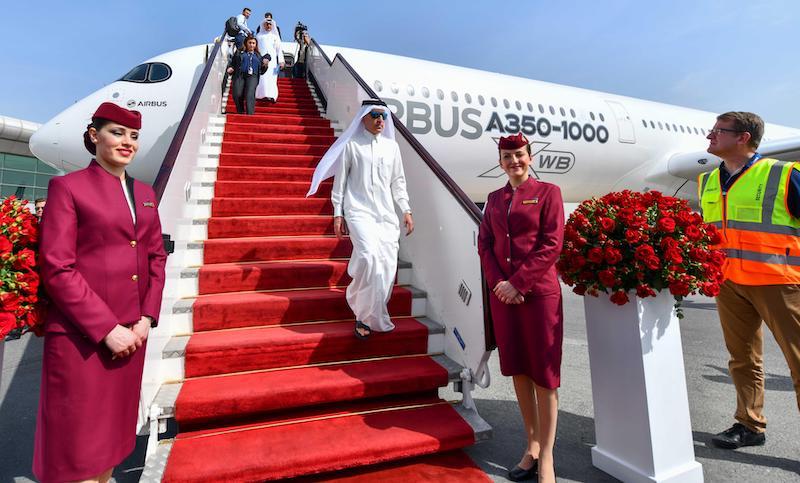Daily Memo: Akbar Al Baker’s Departure Marks A Break For Airline Industry

Qatar Airways CEO Akbar Al Baker is leaving his role after 27 years in post.
Credit: Nikku/Xinhua/Alamy Live News
On Feb. 1, 2023, it was finally over. Qatar Airways and Airbus announced a settlement of their unprecedented legal dispute. The airline had sued the manufacturer over surface degradation issues on many of the carrier’s Airbus A350s. Similar issues had been seen by other airlines and were dealt with...
Subscription Required
Daily Memo: Akbar Al Baker’s Departure Marks A Break For Airline Industry is published in Aviation Daily, an Aviation Week Intelligence Network (AWIN) Market Briefing and is included with your AWIN membership.
Already a member of AWIN or subscribe to Aviation Daily through your company? Login with your existing email and password
Not a member? Learn how to access the market intelligence and data you need to stay abreast of what's happening in the air transport community.
